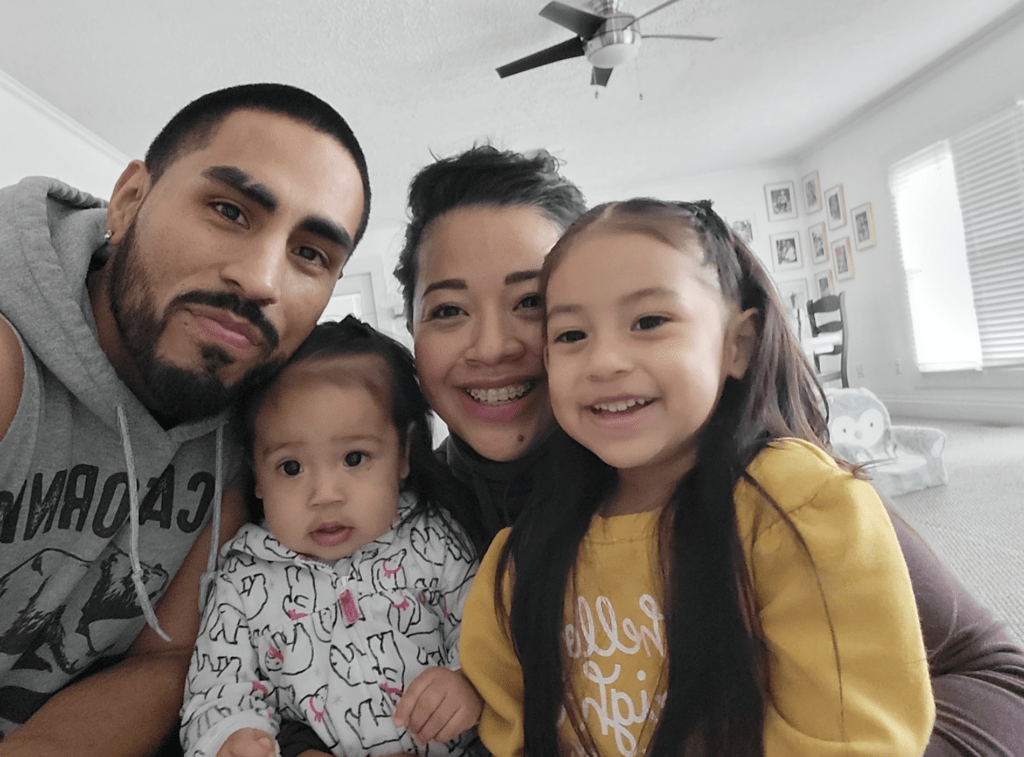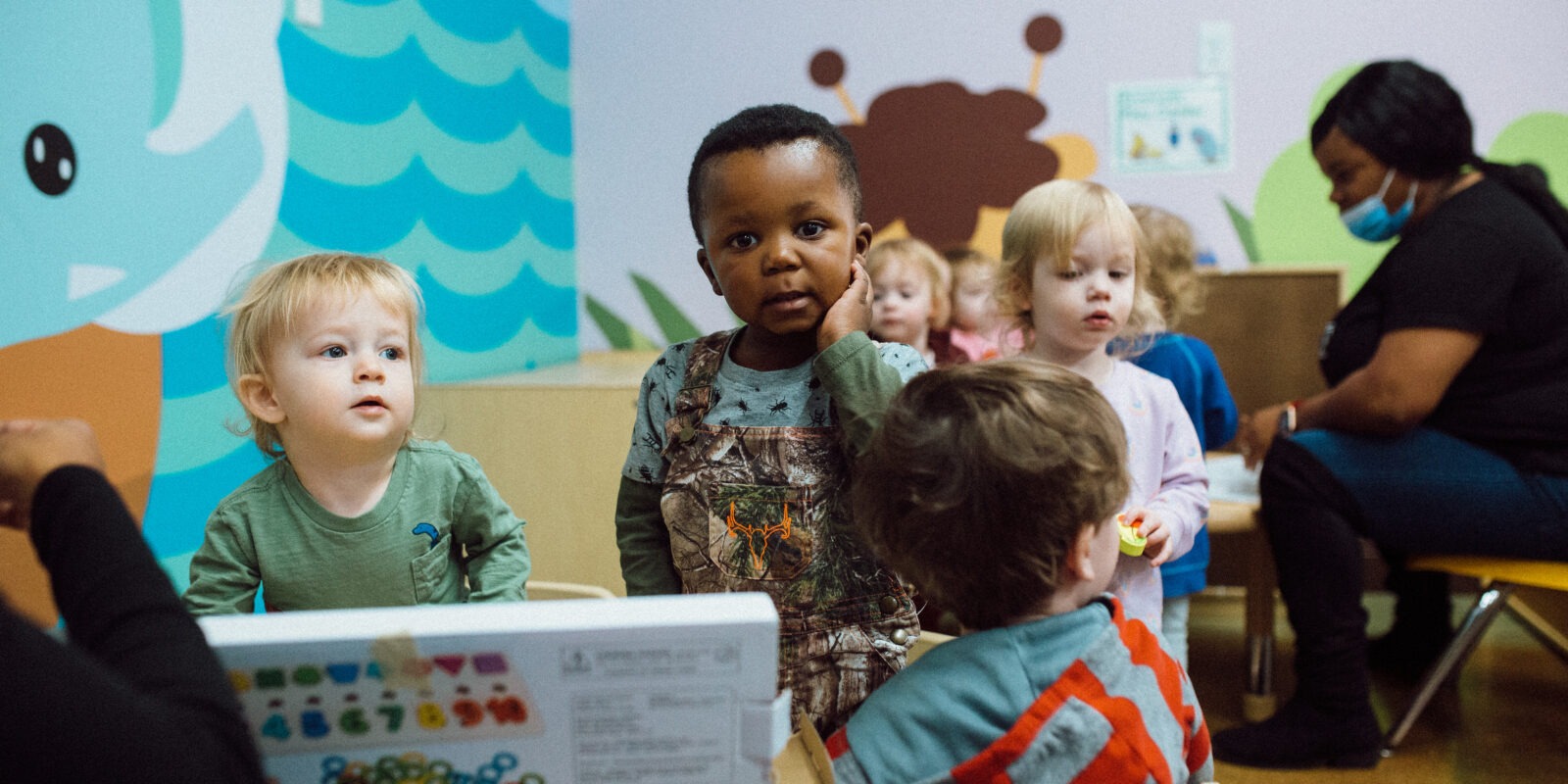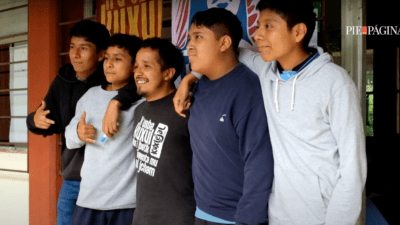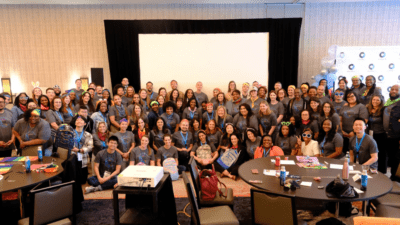Our nation has a long tradition of valuing educational opportunities for young people, with an eye on preparing the next generation for work and life. While this is admirable, stacks of evidence tell us that our nation’s public investment in children begins too late. K-12 education is certainly essential to a child’s wellbeing, but we know now that many of the greatest opportunities to optimize a child’s health and potential actually occur much earlier, before a child ever walks into a traditional classroom.
Decades of research show that our brains grow faster between the ages of 0 and 3 than at any other time, forming more than 1 million new neural connections every second. By the time a child enters kindergarten, these crucial years of early brain development have passed.
To capture the potential of these early years, public investments can provide the support parents and caregivers need to provide infants and toddlers with experiences that promote their learning and development. Supportive services are even more critical if development isn’t on track, when children and families need even more assistance to help close the gaps before formal schooling begins.
Yet, our nation has failed to deliver what babies and families need. Families are spending larger and larger portions of their income on child care. Wait lists for care have grown to many months, or even years. The pandemic increased these issues, shutting down thousands of early learning centers across the country, only squeezing families and remaining providers further.
At ZERO TO THREE, alongside many partners and families, including the W.K. Kellogg Foundation, we’re looking to change this dynamic by pushing decision makers to give babies and their families the support they need. That starts by giving the littlest learners a voice.
The Child Care Conundrum
Parents want to give their children a strong start in life, but public policy has not kept up with the demands of today’s parenting. For example, high-quality infant-toddler child care is hard to find, and often prohibitively expensive, costing more than college tuition at a public state university in the majority of states.
We define a “high-quality” program as one led by knowledgeable educators who establish a safe environment, provide nurturing, responsive caregiving, and build trust with families. Such programs create experiences using culturally-relevant curricula that foster language, cognitive, social, emotional, and physical development. Quality programs have appropriate group sizes, consistent caregiver relationships, and well-trained, well-compensated teachers.
When high-quality options are out of reach or unavailable, working parents struggle to both meet their children’s needs and to succeed at work, increasing stress, which can impact a baby’s social, emotional development. The U.S. Chamber Foundation finds that the nation’s child care crisis for infants and toddlers costs businesses $3 billion in revenue annually, due to employee absenteeism as the result of child care breakdowns.
The status quo also performs poorly for teachers and providers. Placing child care at the whims of the market means that child care programs can charge only what parents can afford, if they can find infant-toddler child care at all. Child care teachers, many of them women of color, earn too little, threatening the ability of child care businesses to operate and individual staff to provide for their own families. The result for children is too often that they do not receive the stable, nurturing care they need to thrive.
Thriving Babies Mean Business
Because of the strong link between work and child care, giving all babies a strong start in life must be a priority for our business leaders. Creating policies that support families, and making investments in high-quality child care programs, gets babies off to the healthy start they need to thrive, and gives parents a chance to provide for their families.
A family’s ability to work is critical to the overall economy, and they need strong, local, early care and education programs for their children to enter the workforce and stay employed. We know that 60 percent of babies are being raised in a household where all adult family members participate in the workforce. Families depend on child care to continue contributing to our economy and building strong futures for their families. child care to be safe and thrive. As a nation, our prosperity depends on rethinking how we support our youngest children and their families.
Giving babies a healthy start pays off. Research shows that quality early childhood programs that begin at birth deliver a strong return on investment. This can be seen through more years of education, more employment and better adult health. Research from Nobel Prize-winning economist, Professor James Heckman, for example, shows that investing in high-quality birth-to-five programs for children can deliver a 13% per year return on investment. Despite this efficiency, very few infants and toddlers have access to these programs.
Pushing for Better Policy
The pandemic created conditions that made it even more difficult for many families to find child care, with over 16,000 centers permanently closing due to financial hardships and lack of staff. There is still a real mismatch between available slots in many communities, and what families actually need.
To address the shortfall, Congress created the largest investment in child care in U.S. history over the last two years. However, those funds will expire, and 3 million children — close to a third of those in child care — will be at risk of losing access, according to a report released by the Century Foundation.
At ZERO TO THREE, we work hard to help federal and state policymakers understand and prioritize the critical needs of infants, toddlers and their families. We created Think Babies™ to make the potential of every baby a national priority and we encourage parents to find their voice in that conversation.
Each year, we host Strolling Thunder™, an annual event where we bring families from every state and the District of Columbia to meet with their members of Congress and share their experiences about what they need to support their baby’s healthy development.

Danny Troncoso is a parent from Eden, North Carolina, who quit his job to take care of his two children, and traveled to Washington, D.C., with ZERO TO THREE to tell his story.
Danny Troncoso is a parent from Eden, North Carolina, who was unable to return to work after being laid off during the pandemic, because he could not find care for his two little girls. He went to Washington to share his story and press his members of Congress to prioritize families like his. “There is a 14-month wait list to get child care where we live, which is a real gut punch for parents like us who want to work,” said Troncoso. “We’re going to lose so many people in the workforce if our country doesn’t do more to support working families like mine.”
It’s time to address the realities millions of families like Troncoso’s are facing, and create a child care system that enables babies to grow strong, and doesn’t force parents to choose between their children and their livelihood.
To find out more about how ZERO TO THREE is creating brighter futures for babies, visit zerotothree.org.
Policy Recommendations from ZERO TO THREE
- Paid Leave. Parents and their babies need dedicated time together to develop close, nurturing relationships that set the foundation for a child’s healthy development. They also need time to care for their child or other family members during serious illness.
- Child Care. Families want and need access to quality, affordable child care that offers their children a safe environment, nurturing relationships with caring adults, and positive early learning experiences, while supporting their own ability to work.
- Early Head Start. Early Head Start offers babies safe care and crucial developmental services; helps families parent, find employment, and work toward their goals; and works at the community level to address the needs of the most vulnerable young children and families.
- Family Support. Babies, from 0 to 3 years old, make up the largest age group among children most at risk of maltreatment. And because of their rapid brain development during this crucial period, the stakes could not be higher for the youngest children entering the child welfare system. They need trauma-responsive policies and practices that help keep families intact and thriving.
- Infant and Early Childhood Mental Health. Mental health issues can take root very early in life. Investments that support the mental health of infants and young children prevent the more costly interventions that all too often result when mental health challenges go unaddressed.
- Economic Security. Families need a range of equitable policies that bolster economic security when children are young and their development is most sensitive. The expanded Child Tax Credit is a proven tool to reduce child poverty and support families in creating an environment in which young children thrive.
Miriam Calderón is the Chief Policy Officer of ZERO TO THREE. She leads the development and implementation of the organization’s policy agenda, priorities, and strategies; oversees the Policy Center, which includes federal and state policy and advocacy; and serves as the principal spokesperson for the organization on public policy matters.
ZERO TO THREE works to ensure all babies and toddlers benefit from the family and community connections critical to their well-being and development. Since 1977, the organization has advanced the proven power of nurturing relationships by transforming the science of early childhood into helpful resources, practical tools and responsive policies for millions of parents, professionals, and policymakers.








Comments